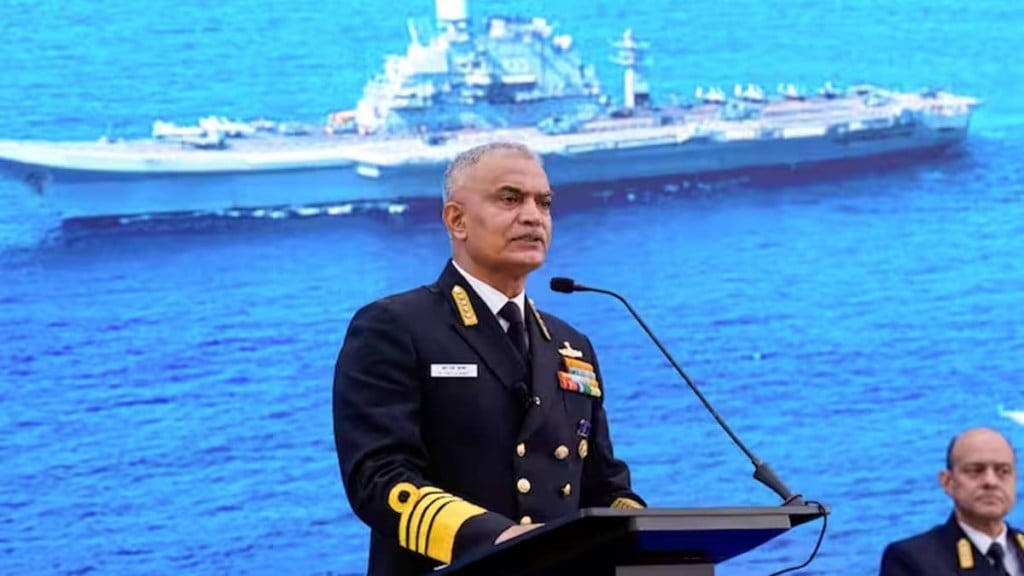Amidst the recurring presence of Chinese warships, research vessels, and fishing boats in the Indian Ocean Region, Admiral R Hari Kumar, Chief of the Indian Navy, addressed the situation on Friday. He acknowledged China’s potential legitimate reasons for being present in the region, particularly for economic activities, but he highlighted India’s status as the resident naval power in the Indian Ocean.
“The oceans are considered a common heritage, available for the legitimate economic aspirations of any nation,” Admiral Kumar stated. “While China may have valid reasons for its presence, we, as the resident naval power, closely monitor and keep an eye on all activities in the region.”
Admiral Kumar shed light on the Indian Navy’s proactive approach in dealing with extra-regional forces. “We deploy our surveillance assets, including ships, submarines, aircraft, and UAVs regularly to keep our area of interest under observation. We are aware of all the happenings taking place,” he added. This vigilance extends to understanding the activities, intentions, and engagements of foreign forces in the region.
Ahead of Navy Day, the Navy Chief discussed the increasing influence of China in the Indian Ocean region and reiterated the concept of oceans as a common heritage, available for legitimate economic pursuits.
“Our ships, submarines, and aircraft are deployed accordingly. We strive to keep our area of interest under surveillance, sending a clear message about the capability of our units. Frequent deployments and interactions with friendly foreign countries not only build trust but also contribute to interoperability,” he explained. These collaborations aim to address shared challenges collectively, and emphasize the inability of any single nation to address these issues independently.
Delving into naval air surveillance, the chief highlighted the capabilities of various platforms, with a focus on the P-8I, designed for submarine warfare but adaptable for surveillance. He stressed the need for a combination of assets to ensure comprehensive coverage of vast ocean areas.
Touching upon India’s Aatma Nirbhar initiative, in response to another query, he highlighted the pursuit of niche and disruptive technologies developed exclusively for India. These technologies, not shared with other nations, align with the self-reliance goals and also stated successful engagements with startups, showcasing progress in developing indigenous technologies.
Reflecting on the Indian Navy’s operational tempo over the last year, Admiral Kumar stressed the high-level engagements and missions undertaken by ships, submarines, and aircraft. “Despite the increasing presence of China in the Indian Ocean, the Navy remains committed to safeguarding national interests,” he said.
Responding to queries about China’s alliance with Pakistan Navy, Admiral Kumar stated, “We know what they are up to.” Regarding India-Maldives relations post-government change, he expressed close cooperation and assistance, deferring decisions on personnel scaling down to the government.
Addressing concerns about ongoing disputes in the region, Admiral Kumar warned of their potential escalation. While avoiding direct mention of the Taiwan issue, he stressed the need for cautious navigation in sensitive geopolitical situations.
In light of a recent unfortunate incident—a woman’s suicide in Mumbai—Admiral Kumar assured a thorough investigation through a board of inquiry. “Psychologists have been appointed to provide support 24/7,” he said.
On littoral navies, the chief highlighted engagement with friendly foreign countries to build trust. And asserted India’s position as the preferred security partner for these nations.

